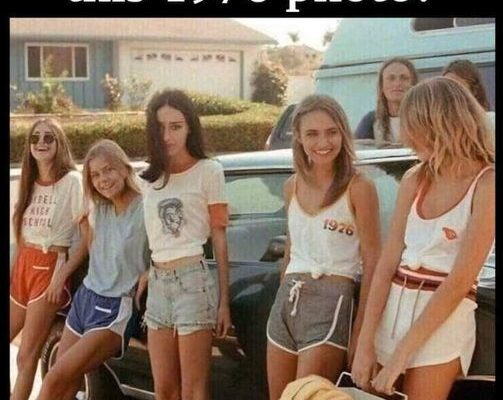In our quick-moving and hectic world, it’s tough not to feel a bit nostalgic for the simpler days of the ’70s and ’80s.
I can clearly remember riding my bike, feeling the wind in my hair, with everything around me. My mom’s voice calling “be home before dark!” rang in my ears as we explored freely, creating memories with friends.
Those were really special times.
And back then, people actually conversed with one another. Talks were significant, and most interactions happened face-to-face instead of through screens.
While the ’70s had their flaws, they seem like a golden era compared to the sometimes bleak reality we live in today.
As we look into how friendships and relationships have changed from the ’70s to now, it’s important to see how these connections have shifted over time. Come along as we examine love dynamics and companionship bonds that connect us while remembering what made those past times so memorable.
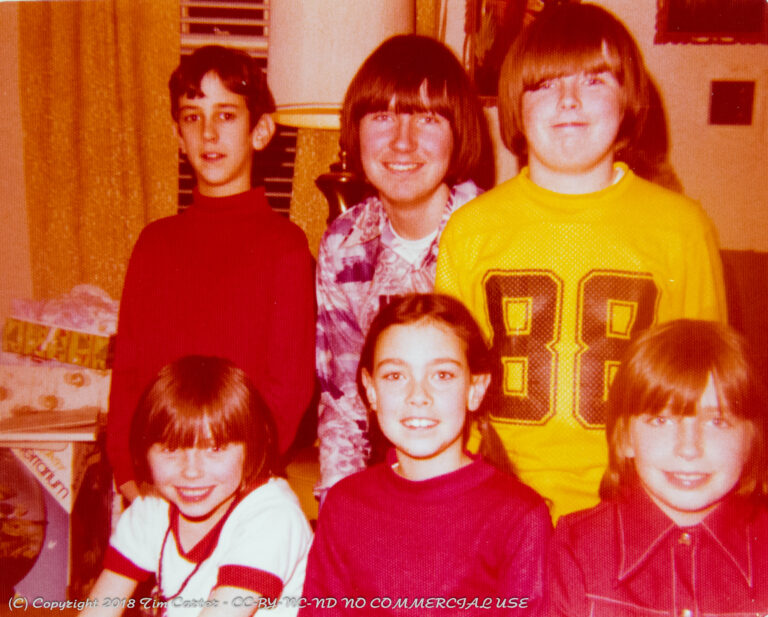
The ’70s were full of ups and downs that shaped that decade. The fresh smell of cut grass filled our neighborhoods while Saturday mornings meant watching cartoons.
Evenings brought live music events that united everyone. Drive-in theaters were super popular for weekend fun; conversations often took place over the unique sound of dial phones.
And who could forget those bright avocado green kitchen gadgets or banana bikes decorating our streets? Muscle cars sped by showing off their power and style from back then. I would happily go back to those days if I could!
Now let’s take a look at how relationships have changed since the ’70s.
1.Communication Styles
In the 1970s, talking in relationships was mostly done face-to-face or on landline phones.
Texting or instant messaging was just a dream! Couples often wrote letters to share feelings or talked on phone calls.
About 95% of homes had phones by then; this was also when touch-tone phones started replacing old rotary ones making calls easier —and less annoying!
Back then phone rates were high so I’ve heard families rarely called distant relatives until night rates came out. If someone called during daytime it usually meant bad news!
Today communication is super fast with social media texting & video chats letting couples connect no matter where they are! This has led to more talks but also some misunderstandings since tone can be lost online.
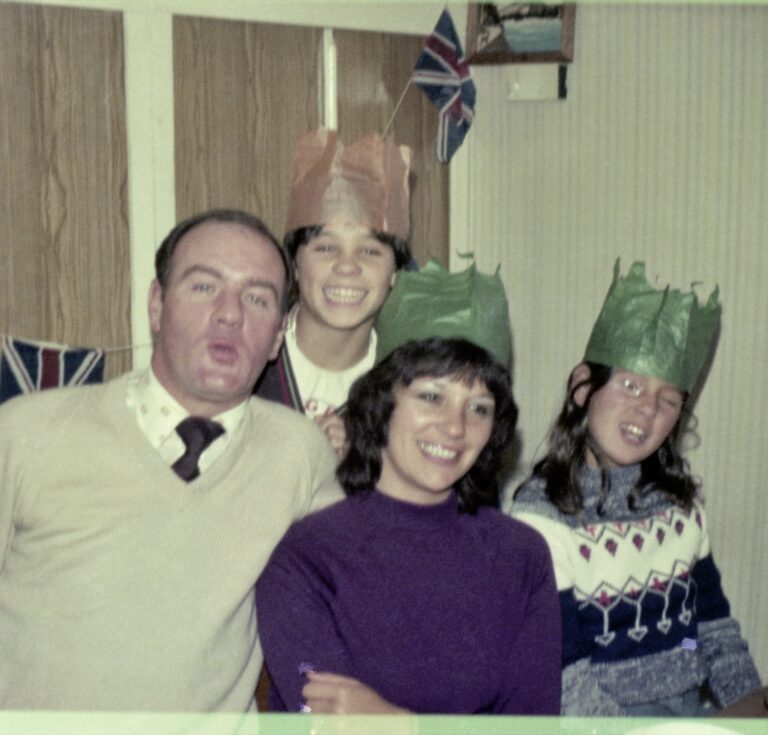
2.Dating norms & practices
Back in those days if you wanted to date you really needed good social skills.
You actually had to be brave enough talk strangers — imagine that! Some say dating was easy back then; you could find your future partner almost anywhere — at school work or through friends even at smoky bars!
Exchanging numbers felt like an important step; if you wanted plans you’d call them up hoping for luck—no swiping needed just good old-fashioned courage!
Today dating apps like Tinder Bumble & Hinge have totally changed how people meet up! Dating norms fromthe’70shad traditional roles where men usually asked women out & paid for meals – that’s definitely different now!
3. Attitudes and commitment
The idea of commitment has changed a lot. In the early 1970s, an impressive 70% of married men and 67% of married women said they were very happy in their marriages, showing a time when happiness in marriage was common.
Back then, marriage was seen as a big life event.
Couples often got married young, and divorce was not as frequent, although it started to increase. Nowadays, many young people focus more on personal satisfaction and career growth.
Living together before getting married has also become normal; lots of couples choose to cohabit before making a lifelong promise or starting a family.
4. Gender roles and equality
The feminist movement had an important impact during this time. While the 1970s had its good moments, women still had a long way to go for their rights. It was quite rare for women to work outside the home back then; they were often called “housewives” or “homemakers,” which defined their main role in society. Tasks at home were divided by gender instead of need.
With few job options available, many women found themselves stuck if they broke up with their partners. And if there were kids involved? Forget about it! Employers would ask things like “Who’s taking care of the kids while you’re working?”
That’s one reason why women started fighting for equality; it led to changes in how relationships are viewed today.
Now, the fight for equality goes on but there is more understanding about different types of relationships including LGBTQ+ partnerships and non-monogamous setups.
Gender roles are also less strict now allowing people to shape their relationships based on respect and teamwork rather than old-fashioned expectations.
5. Did people have more friends?
I think that folks in the ’70s had deeper friendships than we do now! Just imagine: no computers or cell phones around; CDs or DVDs didn’t exist yet either!
Car phones were huge but mostly only found in limousines! There weren’t flat-screen TVs or cable channels — everything was analog back then.
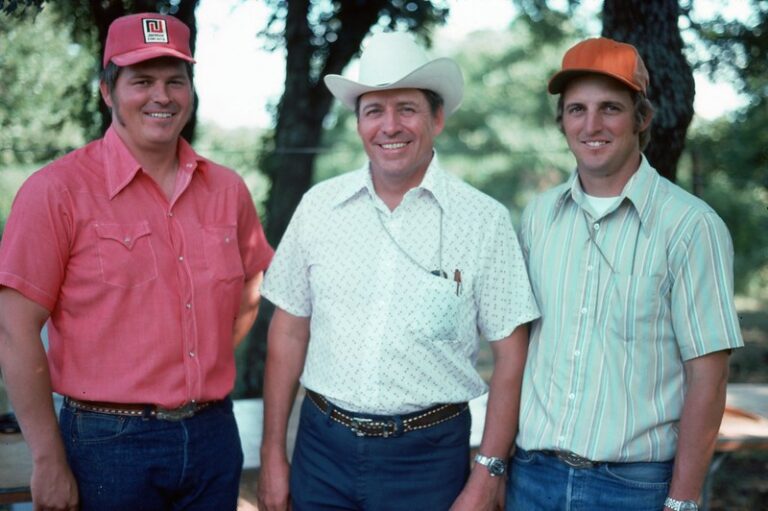
And all-night stores? Nope! Only some gas stations stayed open late along with maybe one or two 7-Elevens! Because of this lack of distractions time spent with friends felt much more personal which I believe created stronger connections between them! Back then having lotsa friends wasn’t super important unless you wanted that “most popular” title at school!
For me personally it always came down too quality over quantity when it came too friendships — sharing special moments together made those bonds really meaningful!
6. Social media influence
In the ’70s showing affection publicly usually happened behind closed doors— think sneaky hand-holding & quiet kisses away from nosy eyes!
Fast forward today & it’s like living in another world! Now we love sharing relationship milestones on Instagram & Facebook!
But did ya know that first social media-like software actually appeared back in ’78? Bulletin Board System allowed pals too share info & connect with each other—imagine dialing up using modems making those funny beeping sounds!! Users could create groups share files post messages—it was like original online hangout spot before social media took off!! How cool is that?
Some say today’s social media “friends” aren’t real friends—kinda like those peeps ya chat with at bars!
Someone pointed out disappearing from social media for months might show how many notice ya gone which is kinda scary!! But flip side it’s great way stay connected old classmates family members casual acquaintances—it’s definitely mixed feelings about social media!
7.Mental health awareness
Finally growing awareness mental health issues has totally changed our approach towards relationships nowadays compared too past decades where discussing mental health felt taboo & expressing emotional needs tough!!
People self-medicated often tolerating craziness drunkenness sadness within society back then labeling individuals as “insane,” “lunatic,” etc.—which honestly didn’t help anyone just added stigma!!
But today? Whole new game here focusing heavily emotional intelligence support healthy communication!!
Couples encouraged seek therapy talk openly feelings prioritize well-being honestly I think things better now!! It feels refreshing seeing individuals take mental health seriously build stronger connected relations!!
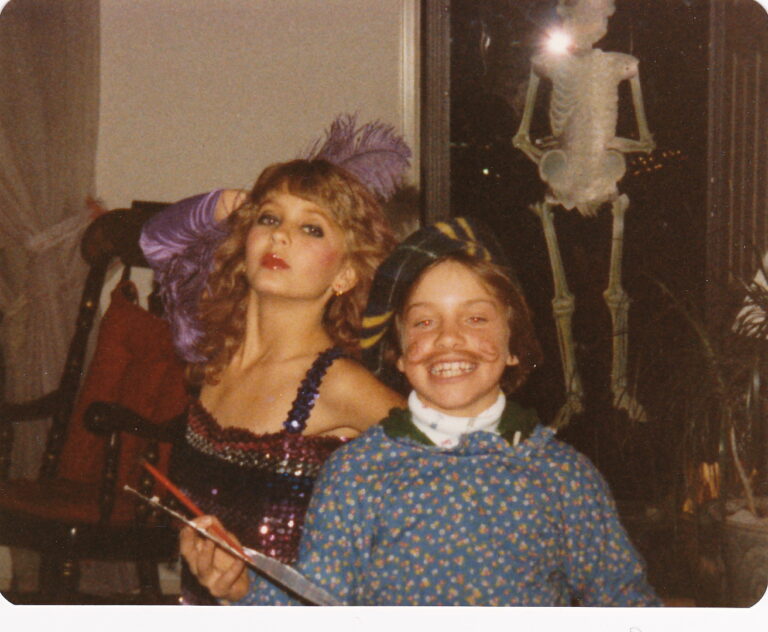
So there you have it. The friendships from the ’70s brought something unique to the table: genuine connections, unforgettable hangouts, and lots of giggles without all the distractions of today’s life.
Even though today’s friendships have their own benefits, there’s just something about that classic bonding that we can’t help but long for!
So what do you think? Were the friendships in the ’70s really better? I’d love to hear your opinions! Let’s talk about it in the comments – and don’t forget to share this article on Facebook!
